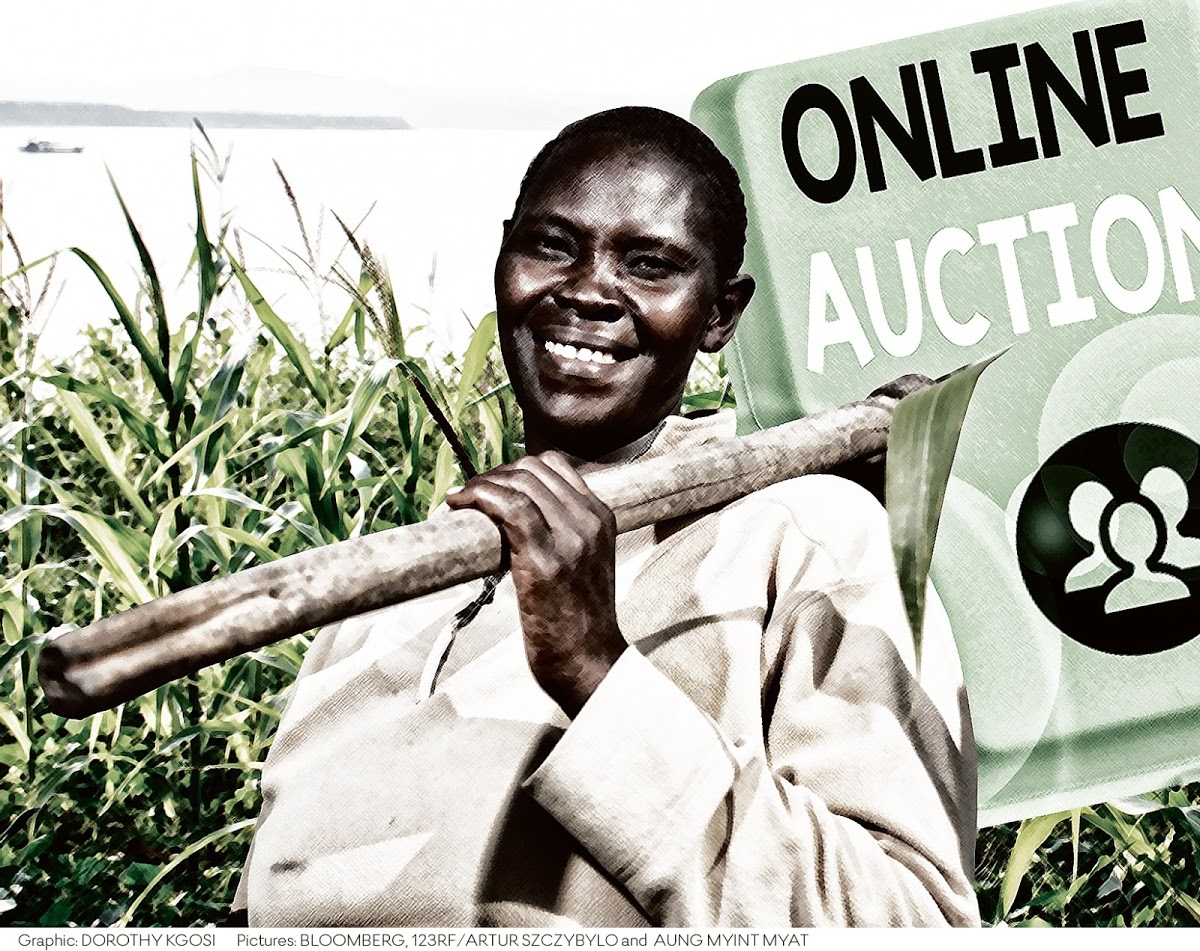
Successfully implemented in Kenya and in East Africa in general, these link smallholders throughout the supply and marketing chain
23 JUNE 2020 - CYRIL NHLANHLA MBATHA
The limited reopening of restaurants and hospitality businesses announced by President Cyril Ramaphosa is good news for small-scale farmers, who have seen the lockdown measures decimate demand. While Covid-19 continues to compound the challenges they face, previously cited issues such as limited access to markets and finance and a lack of production, business and networking skills have not gone away.
Though the production, transportation and sale of agricultural goods and food remain essential services in SA, the decrease in or complete collapse of demand from hospitality, tourism and other key sectors in the value chain has also had an immediate negative effect on local farmers. With national borders across the continent closed to tourists, the negative effects have been even more pronounced on small-scale farmers, who often rely heavily on the tourism sector and related businesses. These farmers, mostly along the coastlines of African countries, have been disproportionately affected compared to those at inland locations — for example, the maize producers in and around the Rift Valley in Kenya, who serve mainly local consumer demand, often through centralised government schemes.
Business relief opportunities have had limited reach for small-scale farmers in SA, and the administration of these bailouts has been challenging. Small farmers in other African regions have also had little access to government safety nets such as bailouts through this crisis. African governments often do not have the financial resources to set up schemes such as those of the US department of agriculture to buy excess supplies. Like many other small businesses, some small-scale farmers with strong direct links to the hospitality industries have had to completely shut down production during complete lockdowns. The exit of these farmers from production lines may have contributed to food price hikes as total supplies drop and transport costs increase, as reported in some West African countries.
These sudden negative developments have forced us to review many of the previously useful lessons and strategies researchers have advocated for supporting and growing emerging farmers, especially within the land redistribution programmes in the land reform project. For many businesses, the panacea may lie in digital solutions, demonstrated in continuing research from Kenya.
In East African countries farming is an important economic sector, accounting for about 75% of the workforce while contributing 26% to GDP. Many of the most successful farmers are smallholders, cultivating an average land size of about 1.4ha. Case studies in those locations show that tackling the challenges of information access, as well as establishing direct links to buyers through stable agreements rather than through brokers, are key to helping farmers outperform those who rely mainly on brokers to find markets.
While researching farming practices along the coastal areas of Kenya, we established that informal and formal agreements between farmers and bed & breakfast, hotel and restaurant businesses provide business security and favourable prices compared to those in the western regions of the country, who rely mostly on brokers or co-operatives. With buyers located near farms, smallholders also face lower transportation costs as part of their business costs. In many instances, buyers come and collect products at the gates. These buyers also include walk-in customers in geographical areas with the most active tourism sectors.
While Covid-19 has challenged normal market patterns, a key lesson from smallholders in East Africa is the continued effective adoption of digital platforms for marketing and sharing of information among farmers and other role players to find alternatives. Online farmer communities with digital auction markets for their products emerged about five years ago as an innovative response to price and information abuses by brokers along the value chains, and are now well established. These include online auction platforms designed by organisations such as MercyCorp, where sellers of agricultural products are formally registered and supported to sell through live bidding processes.
The 400,000 member-strong Digital Farmers Kenya (DFK) community uses Facebook to share information and advice about production activities and product choices. Put simply: what to farm, where to farm it and what market prices to expect thereafter. Some information relates to solutions for biological challenges that are experienced before and during cultivation, for example, plant and animal diseases.
Farming communities on digital platforms require input from stakeholders along the production and marketing value chains, and for a varied number of products, including private suppliers of agricultural chemicals, government extension services with expert knowledge and retailers.
These lessons from East Africa have been discussed for appropriate adoption by SA’s emerging small farmers, especially in national efforts around land redistribution strategies. Land reform policy strategies in SA can only move forward through ensuring that beneficiaries of land reform programmes — aimed at producing commercial farmers — are trained appropriately to operate fully on digital platforms or markets. Digital markets are the future for farmers and related stakeholders in the value chain across the continent if they are to survive the impact of the pandemic, enabling farmers to advertise products, bid for prices and secure essential buyers.
Covid-19 can provide government departments tasked with implementing land reform policies with the impetus to accelerate the establishment of essential digital platforms, the formation of networks and the rollout of relevant training. Tried and tested digital platforms and practices can be adopted from various parts of the continent, including East Africa, with readily available and relevant lessons to help our emerging farmers not just survive, but thrive.
- Prof Mbatha is director of the Institute of Social and Economic Research (ISER) at Rhodes University.
